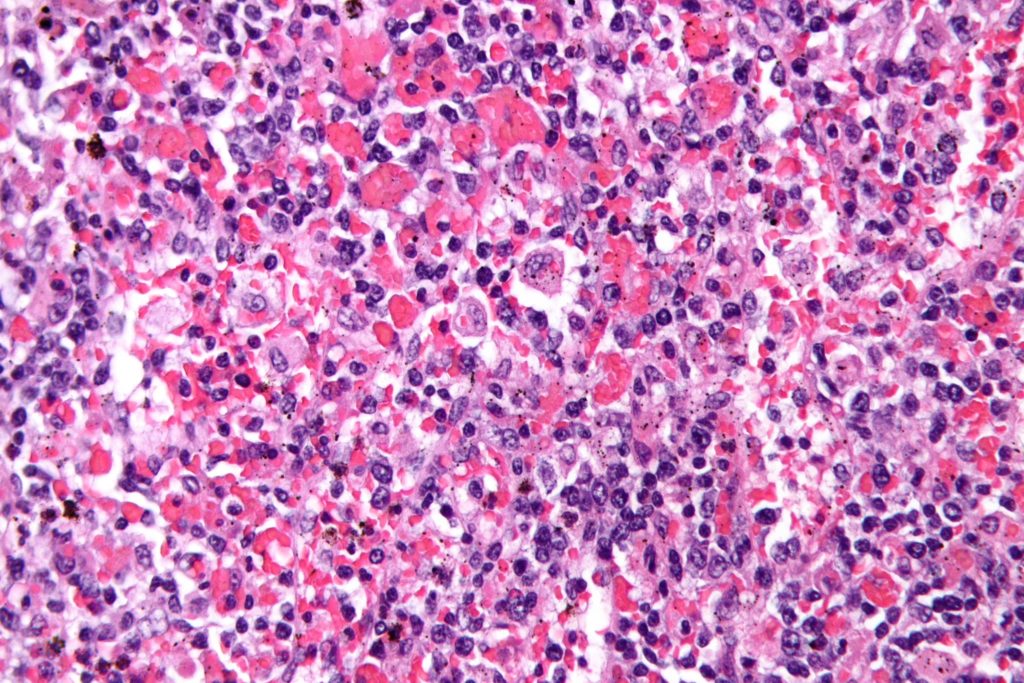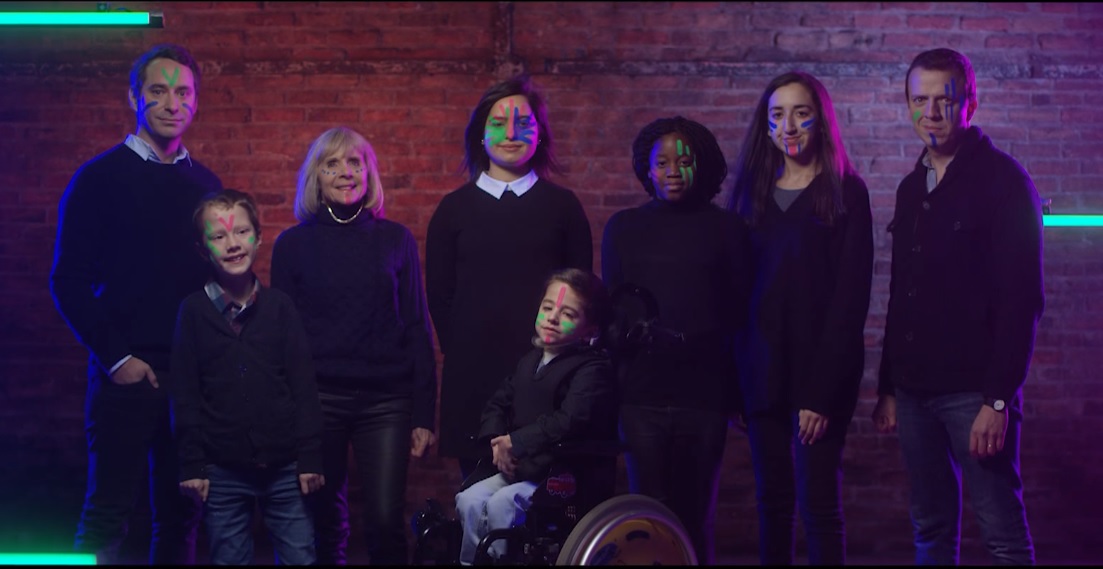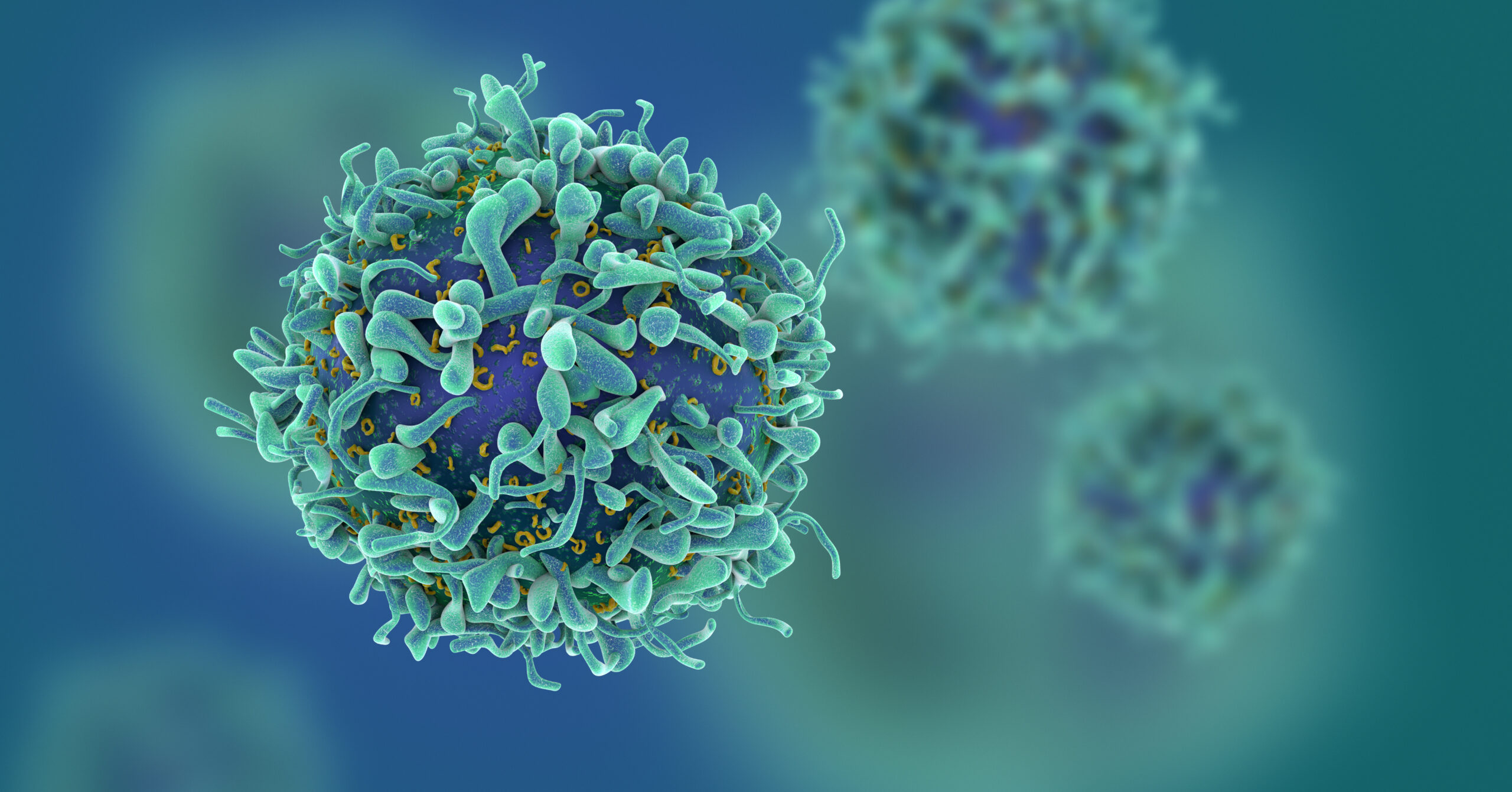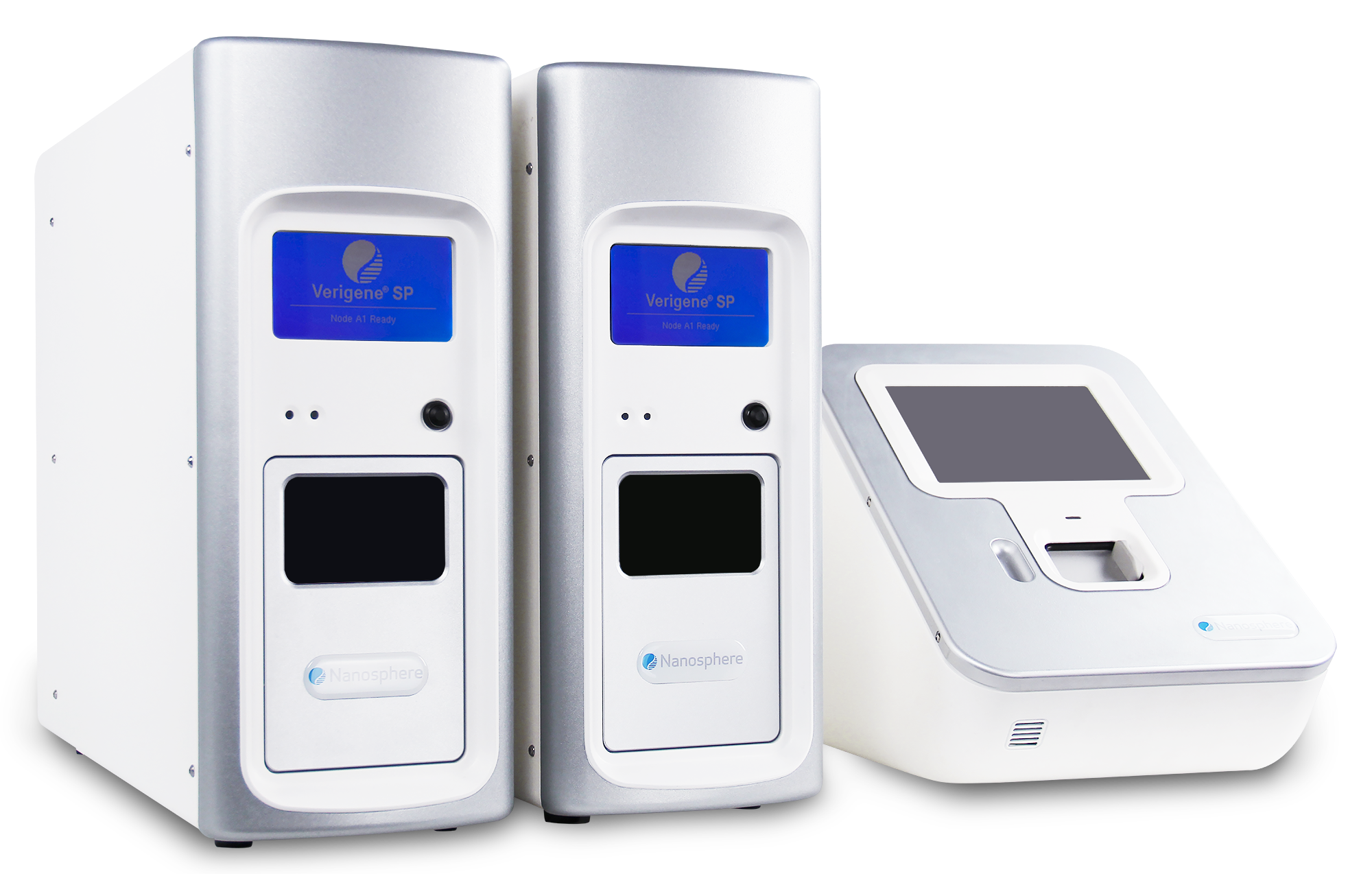Patients with the ultra-rare disease primary hemophagocytic lymphohistiocytosis (HLH) will soon have their first pharmacological treatment option thanks to the FDA’s approval of Gamifant (emapalumab-lzsg). Originally developed by Swiss biotech company Novimmune, Gamifant was acquired by rare disease company Sobi in July of this year in a deal worth up to $450 million.
“The FDA approval of Gamifant is a manifestation of Sobi’s vision to bring transformative treatments to patients with a high medical need,” said Sobi President and CEO Guido Oelkers. “Gamifant will add significant strength to Sobi’s Immunology franchise, along with Kineret and the recent acquisition of the US rights to Synagis. We would like to acknowledge the excellent work done by Novimmune to develop and bring this important treatment to approval and Sobi will now focus on ensuring a successful commercialisation of Gamifant for the benefit of HLH patients in the US.”
Each year, less than 100 patients in the US are diagnosed with HLH, a disease characterized by a hyperactive immune system that can affect both adults and children. Because the symptoms of HLH – which include fever, hepatosplenomegaly, infections and organ failure – closely resemble those of more common conditions, HLH can be challenging to accurately diagnose. However, patients suffering from untreated HLH can quickly succumb to the illness in just months.
“We are extremely glad to make a new medicine available for patients suffering from primary HLH,” says Cristina de Min, Chief Medical Officer at Novimmune. “Gamifant is the first drug specifically targeted to neutralise IFNγ. We would like to extend our heartfelt thanks to the patients, families and the healthcare providers who participated in the emapalumab clinical study and whose efforts helped make today’s approval possible. We would also like to thank the FDA for their continuous support during emapalumab development. Based on the clinical validation of this new target, additional clinical studies are ongoing or being planned with emapalumab in diseases for which IFNγ is considered pathogenic.”
Results from a 27-patient Phase II/III clinical trial were used to support the FDA’s decision to approve Gamifant, an interferon gamma (IFNγ) blocking antibody. The participants in the trial – all of whom were pediatric patients – were unable to be treated using conventional HLH therapy due to intolerance of unresponsiveness to treatment.
Sixty-three percent of patients in the trial showed a response to treatment with Gamifant, with 70 percent successfully moving on to receive a hematopoietic stem-cell transplant.
“HLH is a disorder of immune regulation in which many cytokines are deranged, but interferon gamma appears to play a critical role. While we have long understood the pivotal role of this cytokine in HLH, until emapalumab’s approval we did not have a medicine that could specifically hit this target,” said Dr. Michael Jordan, a physician-scientist in the division of Bone Marrow Transplantation and Immune Deficiency at Cincinnati Children’s Hospital Medical Center HLH Center of Excellence, and Primary Investigator in the emapalumab clinical trial. “Emapalumab represents an entirely new approach to treating primary HLH and helping these very sick patients reach hematopoietic stem cell transplant.”












Join or login to leave a comment
JOIN LOGIN